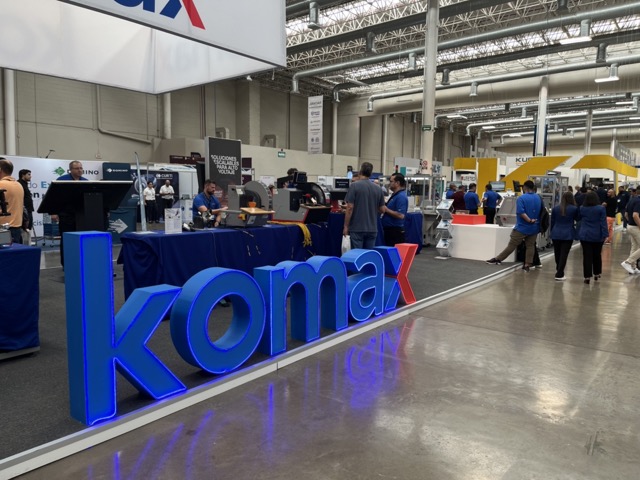Pros and Cons of a Private Equity Buyer
by Loren Smith
Harness company owners often ask me whether they should sell to a private equity buyer. Although there is no easy answer to this common dilemma, I can offer some perspectives based on my many years dealing with private equity firms.
Background
Private equity firms in North America number close to 1,000 and range from one or two individuals with limited capital to large organizations with committed funds in the billions of dollars and investments in dozens of companies with revenues in the billions. The firms either have ready capital to make acquisitions or they need to first get a seller to commit to a letter of intent (LOI) before raising the necessary capital.
The business model of most private equity firms is to buy a majority position in a company, create additional value over three to five years, and exit (sell)––providing the equity firm’s shareholders with a healthy return.
Pluses
Because private equity firms’ lifeblood is buying and selling companies, their skill in navigating all the intricacies of getting a deal done can enable transactions to go from the initial stage to closing seamlessly.
A private equity firm’s principals can often bring particular experience and knowledge to their assessment of management teams. As a result, I have seen them provide levels of expertise to existing management teams that have enhanced the team’s ability to achieve its objectives.
When a private equity group is already in the harness business and wants to add value by growing through acquisition, I’ve seen it accomplish this by enabling entrepreneurs to execute acquisition growth strategies they would not have been unable to achieve on their own.
Minuses
I have seen private equity companies undermine the competitive bidding process by providing a strong letter of intent and then, during the due diligence phase, exaggerating findings so they can modify the price and terms of the deal to their advantage.
I have also encountered private equity groups with impressive credentials but little or no relevant operating experience. After acquisition these groups too often try to play a central role in operations and ignore input from existing management with disastrous results.
Bottom Line
As stated, there is no easy answer to the question of selling to a private equity firm. Doing so can be highly rewarding or terribly disappointing. Company owners need to delve into the private equity firm’s track record and determine how the firm’s strengths align with their company’s current situation and potential––as well as their own short-term and long-term goals.































































